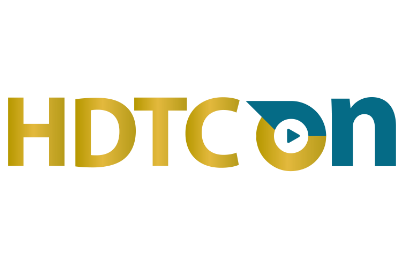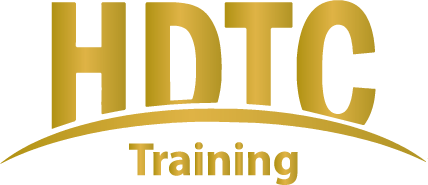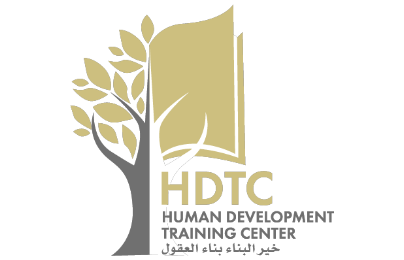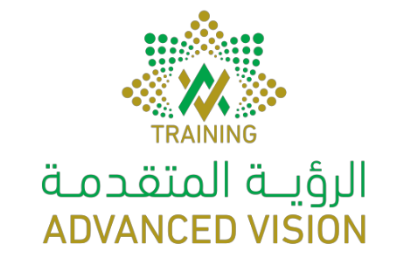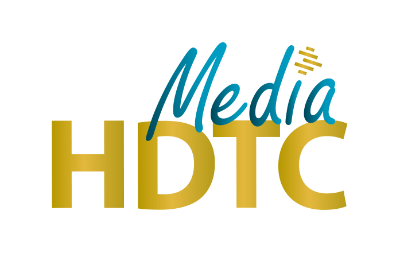Training diploma in executive management
The executive management training diploma is a fundamental gateway to career advancements, offering opportunities for further academic pursuits and participation in university certificate programs.
This diploma enhances participants' management and leadership capabilities while giving them contemporary insight into the key facets of creative executive management.
Course Info
- Understanding the key roles, skills, and authoritative abilities of executive directors
- Acknowledging the role of HR and its relationship with other departments
- Delivering a comprehensive overview of project management and development cycle
- Providing fundamental information regarding the effect of executive management on HR
- Reviewing the keys of business management. This includes analyzing the target audience, researching competition, and examining market trends
- Reviewing financial statements: the balance sheet, income statement, cash flow statement, and equity changes.
- Introducing the basics of AI
- Recognizing leadership strategies in digital transformation
- Building a solid groundwork on the significance and concept of public relations
- Constructing budget projections for procurement operations and organizing resources according to specific categories that facilitate strategic marketing planning.
MODULE1:
Roles and leadership skills of executive managers
- Leadership roles
- Executive management career description
- Roles and authorities of executive managers
leadership qualities of executive managers
- leadership attitude and character
- group collaborations
- goal setting and strategic planning
- motivation and job engagement
MODULE2:
Human resource management
- HR and executive management relationship
- Modern HR roles
- Formation of new organizational structures
- Relationship between HR and other departments
- HR management, training, and development
- Role of HR management in strengthening the workforce strategically
- Strategic development of career paths
- Wages and motivation
- Wage determination and implementation of incentive systems
- Career description and analysis
- Goal identification
- performance level measurements
- setting training objectives and work mechanisms
- Organizational Structure analysis and restructuring Principles
- elements of career path development
- governance in HR development
- skills in evaluating HR development
- role of executive management in HR success
- required reports for HR evaluation
MODULE3:
Professional project management
- introduction to the concept and attributes of a project
- project management basics and attributes
- project formation cycle. Which includes:
- project identification and design
- project preparation
- planning and implementation
- monitoring, evaluation, and control stage
- project closure
Elements of Commercial Management
- target audience analysis
- competition analysis SWOT
- SMART goal implementation strategies
- Market trend analysis
- Commercial marketing overview
- Financial management
MODULE4:
Public relations
- Introduction to public relations
- The role of public relations in the formation of mental images
- The principles of communication
- Characteristics of Public Relations Specialists
- Foundation of Public Relations Development
- Levels of public relations
- Modern communication and public relations
- Corporate and international public relations
- The strategy of asking
- The effect of negative and positive feedback
Time management & prioritizations
- Introduction to time management
- Priority identification and management
- Productivity obstacles and dealing with them
- Life management
- The laws of time
- Theories of time
- Rules of time management
- Dialogue management
- Eisenhower matrix for task management and prioritization
- Laws of active listening
MODULE5:
Supply management
- The significance of planning in procurement operations
- Strategic planning in procurement and supply operations
- Quality management of inventory
- Elements of practical and modern supply management
- Management and evaluation of procurement and supply department
Professional Skills in Financial Management
- Introduction to financial management and accounting theory
- Financial analytical concepts, ratios, and indicators used in executive management
- Financial statements
- Setting operating and investment budgets
- Financial auditing and institution control
MODULE6:
Tools of managerial innovation
- Creativity and management
- Creativity and innovation in organizations
- Elements of creativity and their role in management
- The principles of innovation in institutions and organizations
- Stages of Innovation
- Methods for generating creative and innovative ideas
- Creative problem-solving skills
MODULE7:
Artificial Intelligence and Metaverse
- Concept and path of AI
- AI applications in different sectors (public or private)
- Future career development requirements
- Effect of AI on Institution Projects
Digital Transformation and administrative operations program.
- Introduction to digital transformation
- Different aspects of digital transformation
- Digital density measurements
- Management and hardships of digital transformation programs
MODULE8:
Communication skills in executive management
- Effective communication skills
- Elements of communication (verbal or nonverbal)
- Types of personalities in the workplace and effectively managing them
- Effective communication based on personality types
- Body language and its effect on communication
LAST DAY: final exam and project presentation
Training course in Arabic
Course conducted online
High-quality training and step-by-step guidance
Designed with precision by professional consultants
High levels of Support and assistance
Certificates are given from:
- HDTC
- University of Al Fujairah
- KHD
- German board
- Those seeking professional growth and advancements to senior positions
- Those engaged in executive administrative practices within public or private institutions
- Individuals seeking to deepen their knowledge and expand their opportunities
- Those initiating their ventures and projects
- High school or university students aspiring to apply their theoretical understanding of executive management in practical work settings
- Managers, directors, and CEOs in executive management, even if it’s not their primary major
- Experience in computer programs such as Microsoft Office
- A high school diploma or proven five years of experience in executive management
This diploma works on advancing the following skills:
- Leadership competencies
- Behavioral and personal skills
- Management and leadership abilities
- Innovation and creativity
This diploma allows you to work as:
- Executive director
- Employee or director in public relations
- Communication manager
- Department manager
Discussion and evaluation of final projects:
- Project discussions and evaluation (3 hours)
- Final exam: 50 questions (2 hours)
- Students will be assessed throughout the course based on their participation, research papers, reports, assignments, and projects.
- (projects must be done and handed to the course trainer on time)
Final exam scores:
(A) 70% above (passing)
(B) 60%-69% achieved a score
(C) 50%- 59% achieved a score
(D) 50% less (failed)
Retake is allowed if a student fails the final exam
